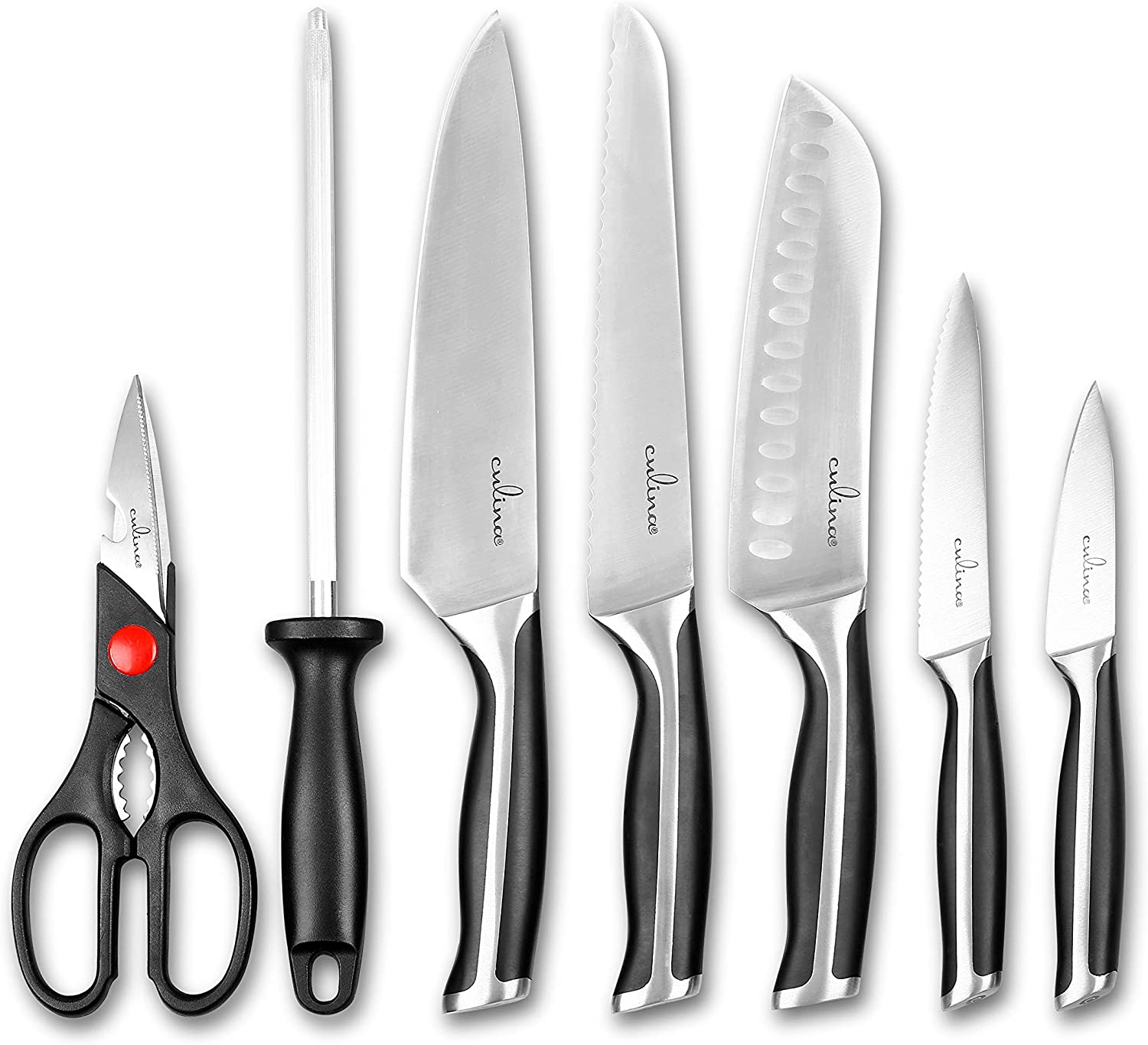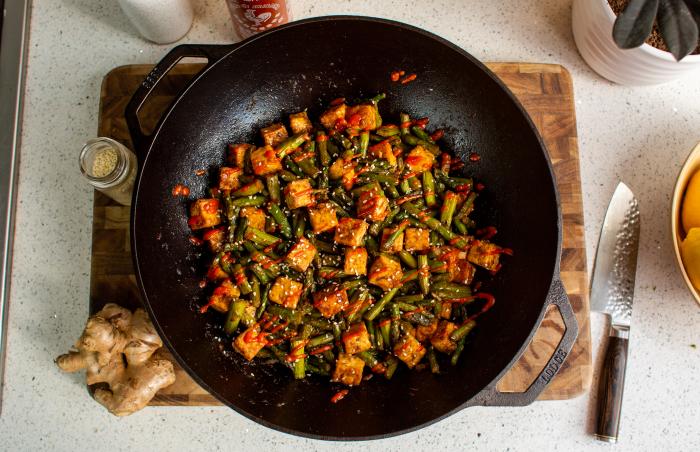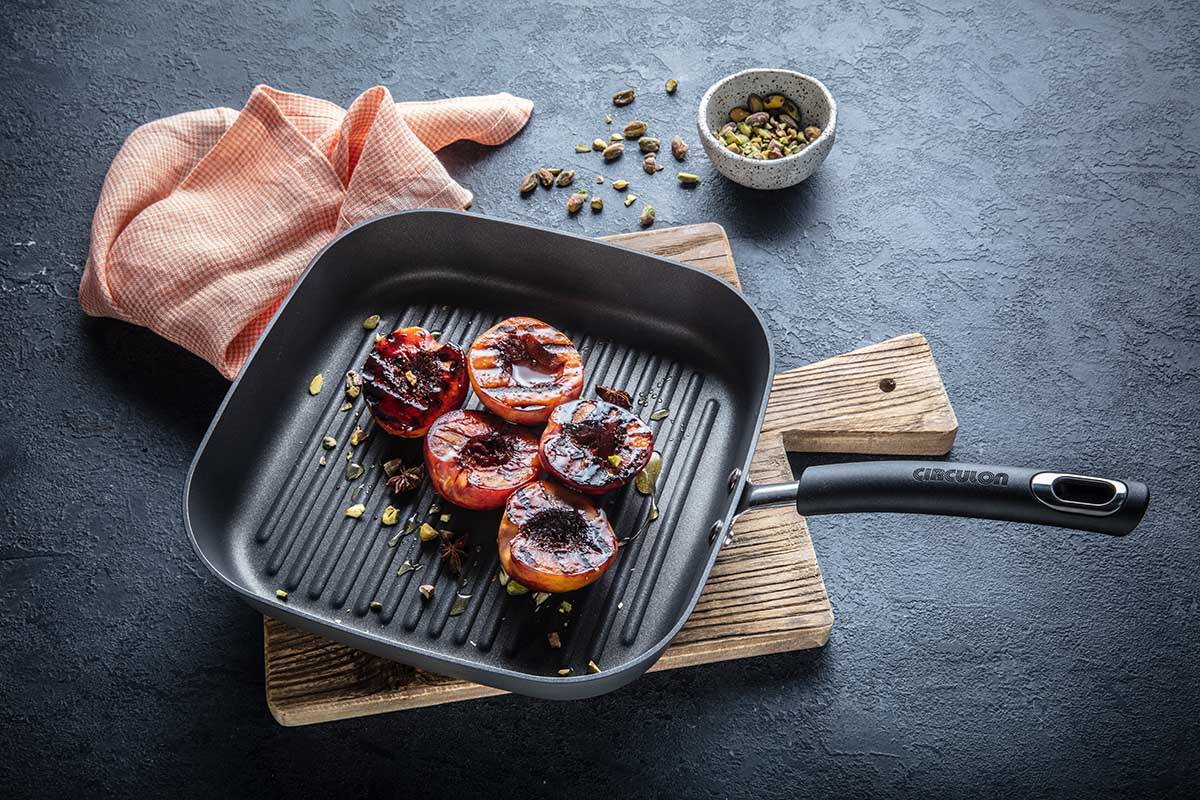Learning how to season wok is crucial for any kitchen professional aiming to achieve superior cooking results. A well-seasoned wok not only enhances the natural flavors of the food but also prevents sticking and improves its durability. This guide dives into the in-depth techniques and tips needed to perfect your woks, ensuring they are always ready to handle the high heat of stir-frying and other culinary tasks.
When it comes to cooking, a wok is an essential tool that embodies versatility. Understanding how to season wok correctly will elevate your culinary skills and transform your cooking experience. From initial preparation to maintenance, this article covers everything you need to know to keep your wok in prime condition.

Understanding the Importance of Seasoning Your Wok
Seasoning a wok is not just a ritual; it's a vital practice that involves applying a layer of protective oil to create a non-stick surface. This entire process offers multiple benefits:
- Enhances Flavors: Seasoned woks allow for enhanced flavor profiles in your dishes.
- Prevents Rust: Proper seasoning acts as a barrier against moisture, aiding in rust prevention.
- Improves Cooking Surface: The seasoning creates a natural non-stick surface that reduces the need for excess oil.
- Durability: A well-seasoned wok can last for years if properly maintained.
Choosing the Right Wok for Seasoning
Before diving into the seasoning process, it's essential to choose the right wok. Here are the primary types:
- Carbon Steel Woks: Highly favored among professionals for their ability to retain heat.
- Cast Iron Woks: Provide even cooking but are heavier and require more maintenance.
- Stainless Steel Woks: Known for their resistance to rust and easy maintenance, but they don't develop the same non-stick properties.
:max_bytes(150000):strip_icc()/GettyImages-634758127-2000-7e34aa696c3949ffa0b741a5520c79d5.jpg)
Steps to Season Your Wok
The process to season a wok involves a few straightforward steps. However, shortcuts yield unsatisfactory results. Here's how to do it properly:
Step 1: Clean the Wok Thoroughly
If your wok is new, it may have factory residues. Start by washing your wok in hot, soapy water and scrubbing it with a sponge. Rinse thoroughly and dry completely. An essential tip is to never put your wok in the dishwasher, as it will strip away the surface oils.
Step 2: Heat the Wok
Place your wok on high heat. This is critical in ensuring that the pores of the metal open up, allowing oil to penetrate more deeply into the surface. Keep an eye on it to prevent overheating, which can damage the wok.
Step 3: Apply Oil
Once heated, remove the wok from the heat source. Apply a high-smoking-point oil, such as vegetable or grapeseed oil, using a paper towel. Ensure to cover the entire cooking surface by swiping the oiled paper towel across the interior. Use a pair of tongs to avoid burns.
Step 4: Reheat and Repeat
Return the wok to the heat and let it smoke for a few minutes. This smoking process helps the oil polymerize and bond to the surface. Repeat the oil application process two or three times for optimal seasoning.

Maintaining Your Seasoned Wok
Seasoning your wok is just the beginning; maintaining that seasoning is essential:
- Wash with Care: After each use, rinse your wok with hot water and use a non-abrasive sponge for cleaning.
- Avoid Scraping: Unless necessary, try not to scrape the surface to prevent taking off the seasoning.
- Reapply Oil: Occasionally, reapply oil to maintain the non-stick surface.
- Store It Right: Store your wok in a dry place to avoid moisture buildup.
Common Mistakes to Avoid
Even seasoned professionals can stumble into bad habits. Avoid these common mistakes:
- Using Dish Soap: Dish soap can remove the seasoning you worked so hard to build.
- Overheating: High temperatures for too long can damage the wok.
- Storing Unseasoned: Never store your wok without a layer of oil.
FAQs About Seasoning a Wok
1. How often should I season my wok?
It depends on usage. For heavy use, consider seasoning every few months. For occasional use, annual seasoning may suffice.
2. Can I use any oil to season my wok?
High-smoking-point oils like vegetable oil or flaxseed oil are best for seasoning.
3. What should I do if my wok starts to rust?
Scrub the rust with a gentle abrasive, clean, dry it thoroughly, and re-season it.
For further reading on wok cooking techniques, check out Wikipedia's Wok Article for more insights.
As an Amazon Associate, I earn from qualifying purchases.





Leave a comment
This site is protected by hCaptcha and the hCaptcha Privacy Policy and Terms of Service apply.